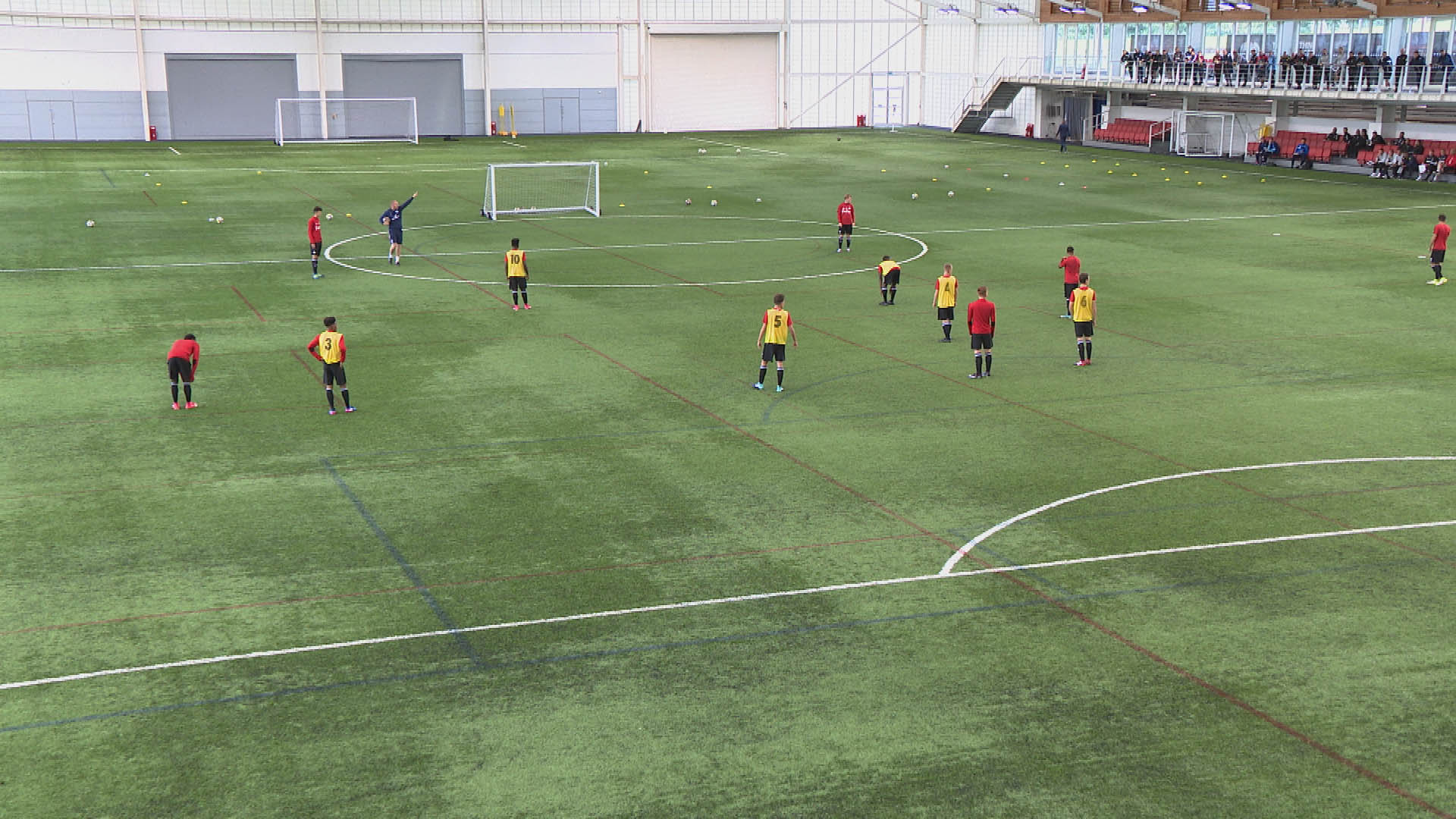
5 ways to improve relationships and communication
- Richard Horner
- 14 February 2019
FA youth coach educator, Richard Horner, outlines five ways you can develop better relationships with your players and improve your communication skills.
1. Put the players’ needs before what you want to say
Quite often coaches have lots of information they want to get across to their players - but effective coaching is not all about the coach. Coaches should help the players through a balance of facilitation, intervention, choice of words and lots of other different things. Whatever it is, it’s important to remember that the process is all about the players and what they need because they’re the ones who are going to carry out the things you’re asking them to do.
2. Get to know your players so you can plan your communication
Coaches quite often say lots of things without too much pre-thought or planning. However, if you get to know your players better, know what information they want to receive, and how they want to be challenged by, you can plan for what you’re going to say. The planning can shape the interventions you use, your choice of words and when to use selected silences or subtle prompts.
3. Ask the players what they expect from you
A coaching session is not just a practice, but an opportunity to raise expectations. By asking the players what they expect from you as a coach and outlining what you expect from them, then you can manage your communication based on a better knowledge of each other.
4. Observe the players off the pitch
It’s important that observation of the players starts the moment they arrive in the football environment and continues to the moment they leave – it is not just about watching the players perform on the pitch. By having a full picture of on and off field observations you can start to understand better where to pitch your communication and how to challenge and question.
5. Give praise, but always remember: what next?
The impact of praise can be lost when it is used to fill silences. What is more important is: what happens next? Recognise the good stuff, but also realise what the players need next to make them even better. Once you have praised a player it’s important to recognise what you need to say to stretch them again. At times we can be scared of taking players ‘over the cliff edge’ and we become safe in what we do.
This article was first published in The Boot Room magazine in December 2017.


